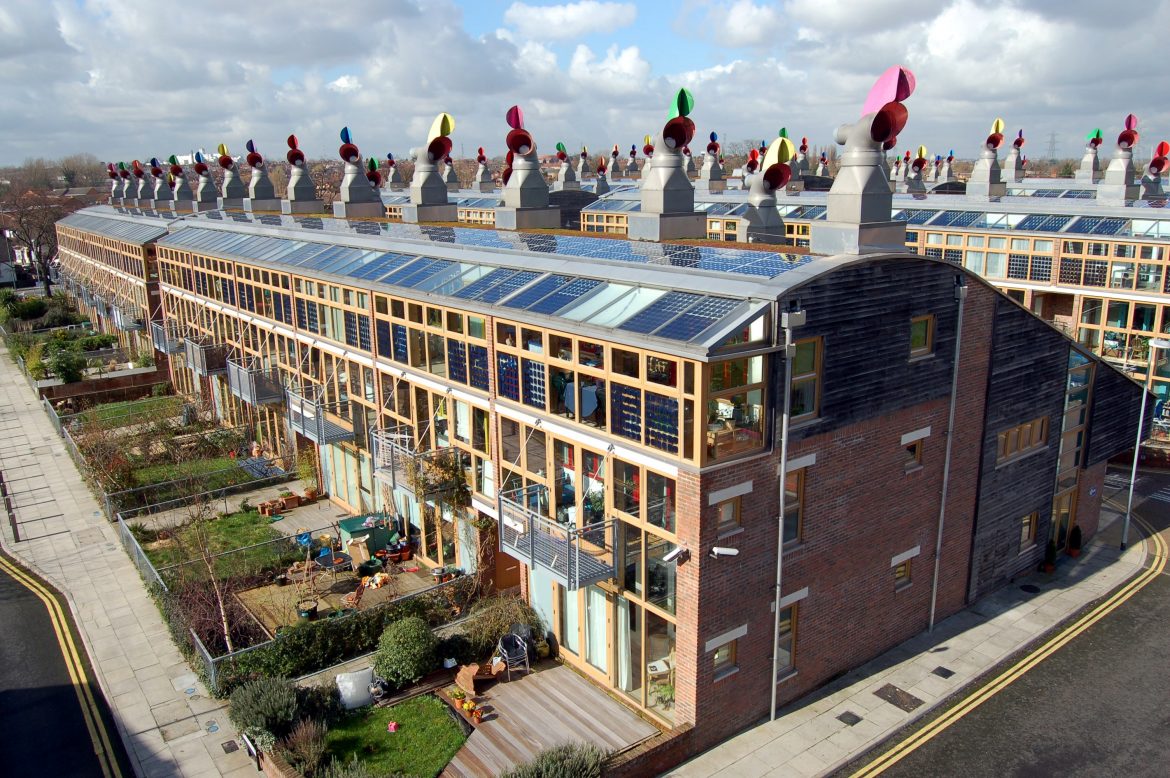In the wake of a resounding election victory on July 4th, the UK’s new Labour government has swiftly prioritised renewable energy, particularly solar power. This rapid action marks a significant shift from the previous administration’s policies and signals Labour’s commitment to green energy.
Immediate Actions by Energy Secretary Ed Miliband
Energy Secretary Ed Miliband wasted no time in approving three major solar farm projects. These projects, located in Suffolk/Cambridgeshire, Lincolnshire, and Rutland, represent a combined capacity of 1.35GW. The Suffolk/Cambridgeshire and Lincolnshire farms will each generate 500MW, while the Rutland farm will produce 350MW. This capacity is sufficient to supply electricity to approximately 400,000 homes, underscoring the substantial impact of these initiatives.
Overcoming Previous Barriers
These solar farms had previously faced obstacles under the Tory administration, which Miliband quickly addressed. By removing these barriers, Miliband has set a precedent for swift action in the renewable energy sector, highlighting Labour’s proactive approach to combating climate change and advancing energy security.
Launching a “Rooftop Revolution”
Beyond large-scale solar farms, Miliband is also championing a “rooftop revolution.” He aims to rewrite planning regulations to facilitate the installation of rooftop solar panels on both existing and new homes. This initiative will empower homeowners and builders to adopt solar technology, reducing electricity bills and contributing to the fight against climate change.
“We want to unleash a UK solar rooftop revolution. By encouraging builders and homeowners, we aim to deliver this win-win technology to millions, enabling people to generate their own electricity, cut their bills, and help combat climate change,” stated Miliband.
Lifting Restrictions on Onshore Wind
In addition to solar power, Miliband has also lifted restrictions on onshore wind projects. Previously, any public opposition could halt these projects, effectively creating a “de facto” ban. By removing these restrictions, Labour is paving the way for a significant expansion in onshore wind capacity.
Ambitious Renewable Energy Targets
Labour’s renewable energy goals are ambitious. The party aims to double onshore wind capacity, triple solar power, and quadruple offshore wind by 2030. These targets are part of a broader strategy to decarbonise the UK’s energy supply and enhance energy security.
Introduction of GB Energy
Labour plans to introduce a new state-owned power company, GB Energy, to accelerate the transition to renewable energy. This initiative is expected to play a crucial role in meeting the party’s ambitious targets and reducing the UK’s reliance on fossil fuels.
Renewable Energy for Energy Security
Renewable energy is not only crucial for reducing pollution but also for enhancing energy security. A significant portion of Europe’s methane, used for electricity generation, comes from Russia. This dependence contributes to geopolitical tensions and price volatility. By increasing domestic renewable energy sources, the UK can reduce its reliance on foreign energy and stabilise electricity prices.
The new Labour government’s swift actions underscore its commitment to renewable energy. By removing barriers to solar and wind projects and setting ambitious targets, Labour is positioning the UK as a leader in green energy. These initiatives promise not only environmental benefits but also enhanced energy security and economic stability for the UK. As the government continues to roll out these policies, the UK’s energy landscape is set to undergo a transformative change.



